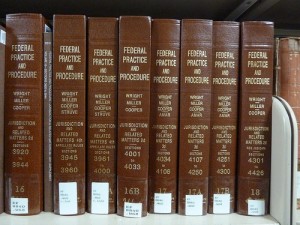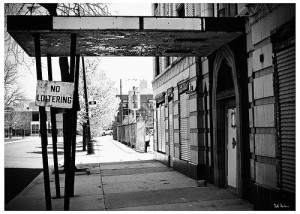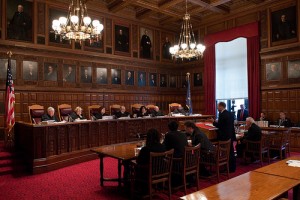Before an employee alleging employment discrimination under Title VII (on the basis of race, color, religion, sex, or national origin) may bring a lawsuit in federal court he or she must file charges with the Equal Employment Opportunity Commission (EEOC).
In Fort Bend County, Texas v. Davis the Supreme Court held unanimously that Title VII’s charge-filing requirement is a “mandatory procedural prescription” that a court must consider if timely raised (but may be forfeited if not timely asserted). The State and Local Legal Center (SLLC) filed an amicus brief arguing that the charge-filing requirement is jurisdictional, meaning it can be raised at any stage of the litigation. If the charge-filing requirement was jurisdictional and an employee failed to comply with it, a court would no longer have authority to hear the case.
In her charge form to the EEOC, Lois Davis alleged that supervisors at Fort Bend County had sexually harassed her and retaliated against her. While her charge was pending, she was fired for refusing to come to work on a Sunday because of a commitment at church. While she updated her EEOC intake questionnaire to include religious discrimination she didn’t update the charge form.
The EEOC investigated and gave Davis permission to sue. She brought a religious discrimination claim and a claim for retaliation for reporting sexual harassment. Years into the litigation Fort Bend County argued the court lacked jurisdiction to hear the religious discrimination claim because Davis never included it in the charge form.
The Court, in an opinion written by Justice Ginsburg, held that Title VII’s charge-filing requirement is a mandatory but waivable claim-processing rule (which was waived in this case because Fort Bend waited so long to point out Davis didn’t comply with the charge-filing requirement). Continue reading















